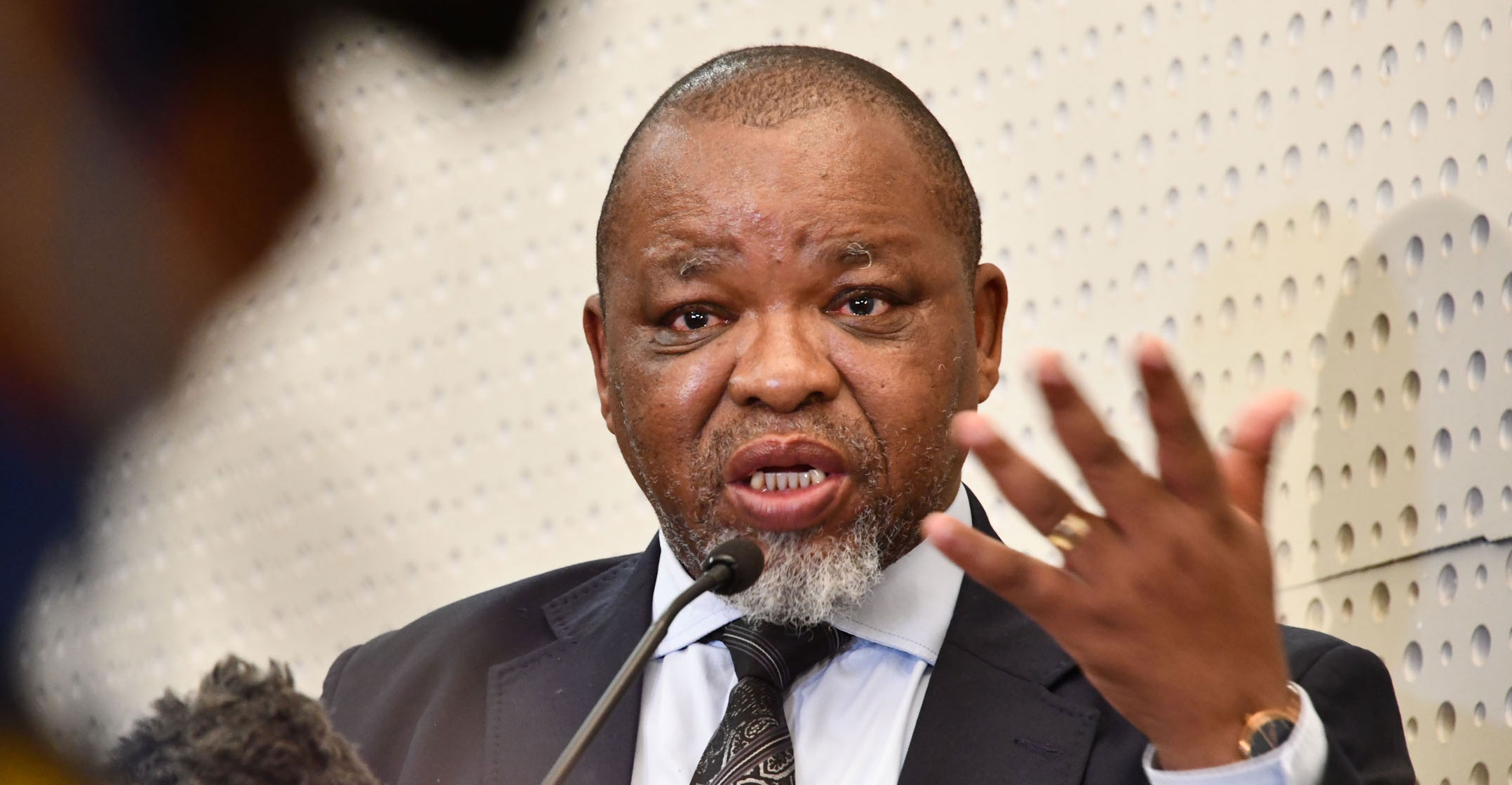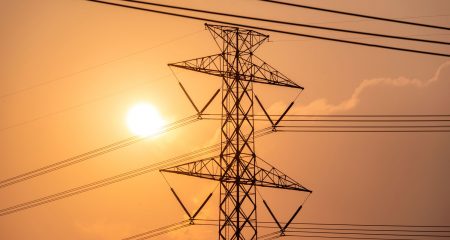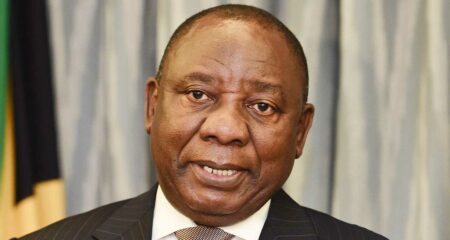
Government on Thursday published changes to the Electricity Regulation Act, making it official that power producers of up to 100MW will not require a licence from energy regulator Nersa to operate.
The move, which many analysts, bankers and companies have called transformational, should help increase power supply in a country heavily dependent on a single state-owned and debt-laden power utility, Eskom.
President Cyril Ramaphosa in June announced the partial liberalisation of the sector by lifting the limit on self-generation of power from 1MW to 100MW. Ramaphosa’s mineral resources & energy minister, Gwede Mantashe, had wanted the limit lifted to only 10MW, but relented after pressure from the president and from industry.
The move, which includes the ability to sell excess capacity into the grid, is expected to take pressure off Eskom — although not immediately — as private companies use the amended regulations to build their own power generation plants.
The significant shift in the amount of electricity that can be self-generated should eventually help reduce, if not eliminate, the load shedding that is holding back economic growth.
‘Major risk’
“The energy shortfall is a major risk to our economy,” Ramaphosa said in a televised address when he announced the plan on 10 June. “Energy security is one of the priority interventions in our economic recovery plan.”
The president said reducing the risk of load shedding is “our single most important objective in reviving growth. There is no economy that can grow substantially without energy security.” — Reported by Promit Mukherjee and Wendell Roelf, (c) 2021 Reuters, with additional reporting (c) 2021 NewsCentral Media




